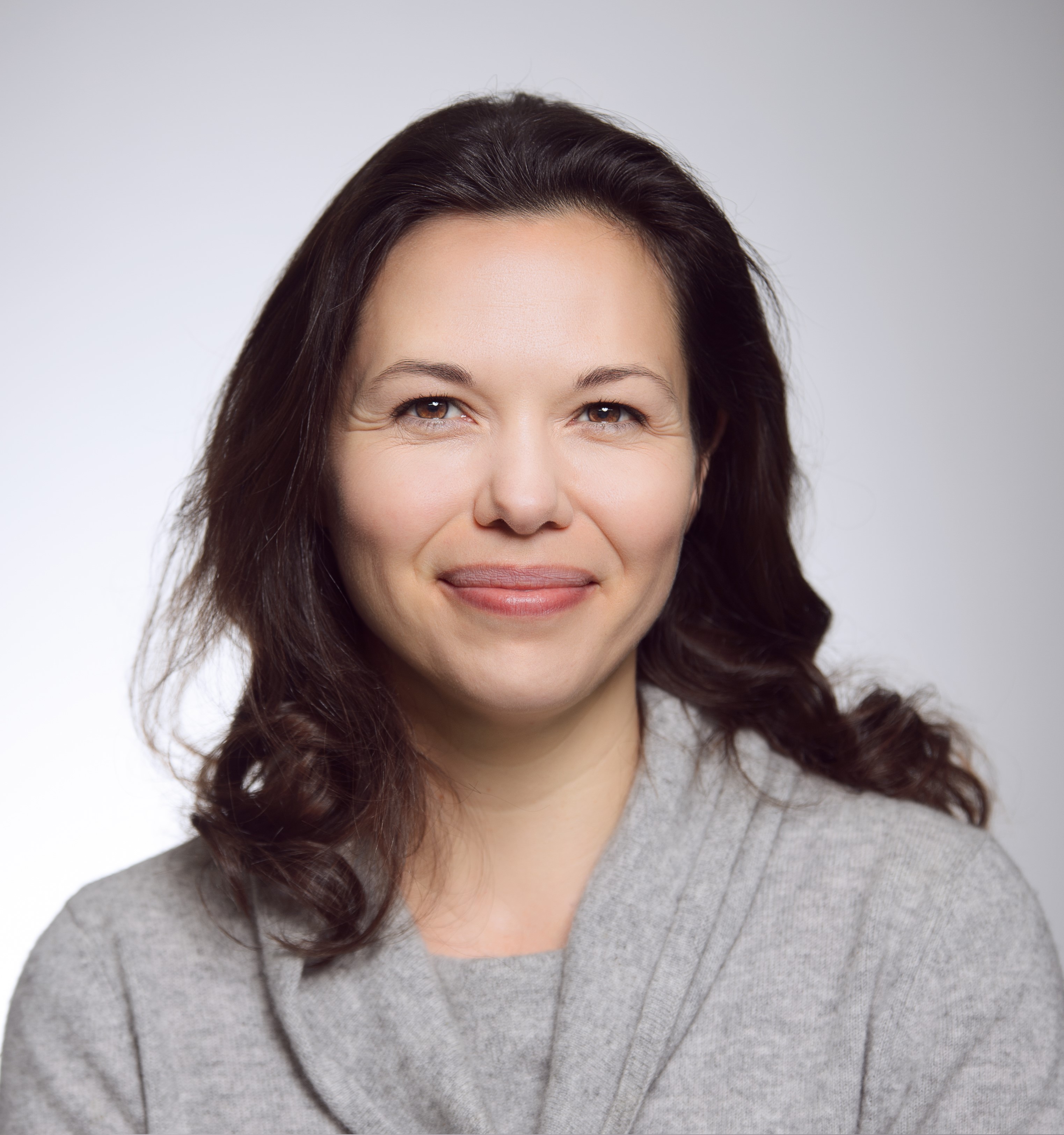Adult Picky Eaters Now Recognized as Having a Disorder

He's 63 years old, but Bob Krause admits he still eats "a 4-year-old's dream diet."
Krause likes peanut butter, crackers, grilled cheese sandwiches, chocolate milk and little else. More adventurous meals look like "a plate of barf," he told LiveScience.
"If I could snap my fingers and change, I would," he said, explaining his pickiness helped ruin two marriages, limited his career options and makes most social occasions sources of stress.
Researchers think Krause could be one of thousands suffering from a previously unrecognized illness: selective eating disorder, more commonly known as very picky eating. Instead of having a couple foods they'd rather avoid, the way most of us do, people with selective eating disorder feel there are very few foods they are even capable of eating.
"People who are picky aren't doing this just to be stubborn," said eating researcher Nancy Zucker of Duke University, explaining that extremely picky eaters experience food differently than the rest of us.
Zucker, who is also the director of the Duke Center for Eating Disorders, first became interested in selective eating, because adult picky eaters were walking in, looking for help. Their eating behavior was getting in the way of their job or social life, or they were worried about being bad role models for their kids, she said. [How to Handle Kids' Picky Eating]
How many adult picky eaters are there?
Sign up for the Live Science daily newsletter now
Get the world’s most fascinating discoveries delivered straight to your inbox.
Most people with this disorder are highly embarrassed by their limited food repertoire and will go to great lengths to keep it hidden, either by avoiding social events that involve food or drinks (which ones don't?), or by making up excuses to avoid eating, such as fibbing about an upset belly.
To get a sense of the problem's prevalence, in July 2010, Zucker and her colleagues put up an online registry, including a lengthy survey, for picky eaters. The initial response overwhelmed expectations: In less than five months, 7,500 people have fully registered. (More than 11,000 have started the survey without completing it.)
The researchers plan to do a formal analysis of the survey data early next year, but preliminary results suggest that selective eating disorder is separate and distinct from other disorders, Zucker said. The survey was carefully constructed to rule out conditions such as obsessive-compulsive disorder or anorexia and bulimia, for example.
Nature or nurture?
Whether extreme pickiness has its roots in a person's biology or psychology is not yet clear. But there seem to be some common themes, suggesting either or both, among people like Krause.
Selective eaters tend to like similar foods, with an emphasis on the bland and processed. They love salt. French fries are a favorite. Bacon is the only meat many of them will eat. Fruit, vegetables and alcohol are snubbed for the most part — with light beer and raw carrots being possible exceptions.
Could they be supertasters? That is, people who, because of their genetic makeup, taste certain flavors more acutely than average tasters?
Maybe, Zucker told LiveScience, but that isn't enough to explain the selectivity. After all, strong tastes aren't necessarily bad tastes and many supertasters are not finicky eaters. And Zucker's research suggests picky eaters reject foods based on sensory qualities other than taste: They don't like the look or smell of certain (most) foods.
"Most foods do not look like food to my brain," Krause explained.
Grown-up picky eaters also tend to have early negative associations with food, Zucker said. Many report having had severe acid reflux as a baby or childhood gastrointestinal issues, for example.
Unpleasant associations may also be learned at the dinner table, she said.
Preventing permanent pickiness
Kids are at greater risk of becoming picky adults "anytime the food environment is coercive or tense," Zucker said,
Family meals should be fun, she said. They are not a time to argue, reprimand about grades, or harass about eating habits.
And dining together needs to happen regularly, she stressed, so kids can watch others enjoying a variety of foods and be exposed to different smells — even if they don't eat much themselves.
Registered dietician, author and family therapist Ellyn Satter agrees. Even if selective eating disorder has a biological component, Satter told LiveScience, it's a parent's job to help children learn eating habits that will serve them well as adults. [10 Controversial Psychiatric Disorders]
"Everyone has got something and everyone has to learn to cope. And children need to learn to deal with their predilections," Satter said. Otherwise, it can become a life-long problem, where they are embarrassed to eat in public, she cautioned.
Krause, however, thinks there is nothing his parents could have done to help him. And, as much as he would love a cure, he is pessimistic. He runs an online support group for picky eaters and among its 1,700 active members, he has heard only one success story: A selective eater was able to expand her food repertoire enough to find something to eat at most restaurants.
Even Zucker, who is actively treating selective eaters, admits, "We don't know yet how much they can be pushed."
Instead, Zucker focuses on helping picky eaters overcome their embarrassment and feel entitled to their own preferences. The most important component, she said, is teaching friends and family members "the person is not doing this to be willful and bratty."
Only in this supportive context may a picky eater feel safe enough to try something new — but there is no guarantee they will like it.
"We don't all have the same experience when we eat," Zucker said.
Robin Nixon is a former staff writer for Live Science. Robin graduated from Columbia University with a BA in Neuroscience and Behavior and pursued a PhD in Neural Science from New York University before shifting gears to travel and write. She worked in Indonesia, Cambodia, Jordan, Iraq and Sudan, for companies doing development work before returning to the U.S. and taking journalism classes at Harvard. She worked as a health and science journalist covering breakthroughs in neuroscience, medicine, and psychology for the lay public, and is the author of "Allergy-Free Kids; The Science-based Approach To Preventing Food Allergies," (Harper Collins, 2017). She will attend the Yale Writer’s Workshop in summer 2023.










